In today’s digital age, messaging apps have become an integral part of our daily communication. With the rise of Android as a dominant mobile platform, there is a wide range of messaging apps available to Android users, each with its own set of features, security measures, and user experience. Choosing the right messaging app can greatly impact how we connect with others, protect our privacy, and make the most out of our communication needs. In this article, we will explore the landscape of Android messaging apps, compare their features, and help you determine which one is the best fit for your unique requirements.
When it comes to selecting an Android messaging app, there are several crucial factors to consider. The user interface, ease of use, security features, messaging functionality, and integration with other platforms and services are all aspects that can influence your decision. Understanding these key elements will empower you to make an informed choice that aligns with your preferences and priorities. With numerous messaging apps vying for your attention, including WhatsApp, Telegram, Signal, Facebook Messenger, Google Messages, and Discord, it can be overwhelming to navigate through the options. That’s why we’ll dive into the specifics of each app, highlighting their strengths and weaknesses, to help you narrow down your selection.
Throughout this article, we will explore the most popular Android messaging apps and provide an in-depth comparison of their features, user base, and privacy considerations. WhatsApp, known for its widespread adoption, offers a wide range of features and a massive user community. Telegram, on the other hand, emphasizes security and encryption, attracting privacy-conscious users. Signal, renowned for its focus on privacy, has gained popularity for its end-to-end encryption and commitment to keeping user data secure. Facebook Messenger, a popular choice for social connectivity, seamlessly integrates with Facebook’s ecosystem. Google Messages leverages RCS messaging to enhance the messaging experience, while Discord caters to gamers and communities. By examining these apps and their specific use cases, you’ll be equipped with the knowledge to make an informed decision about the Android messaging app that best suits your communication needs.
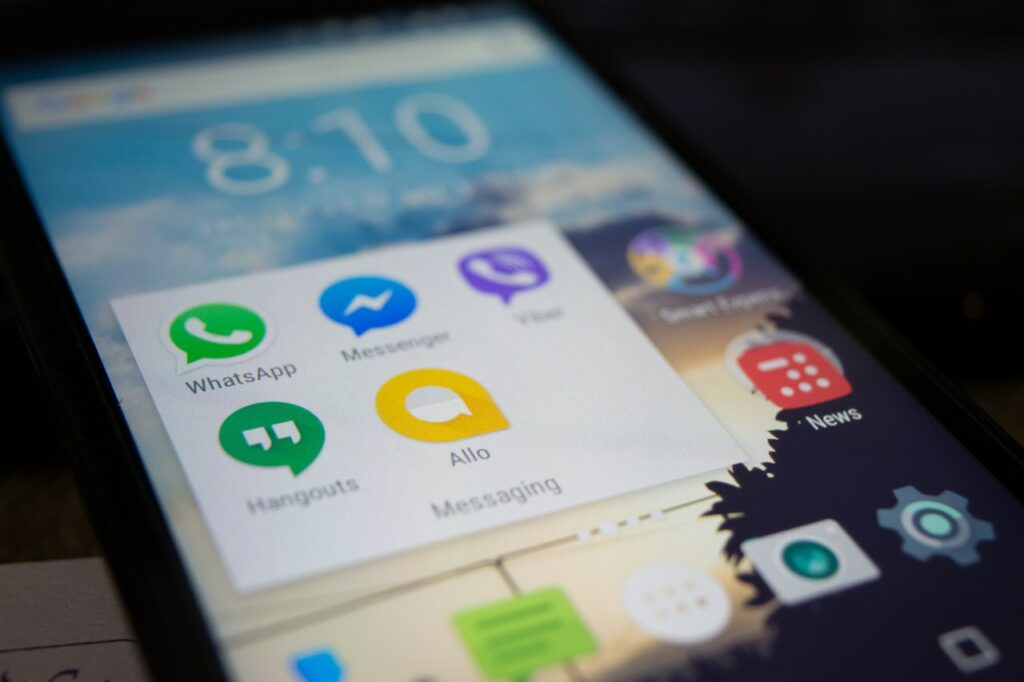
Key factors to consider when choosing an Android messaging app
When choosing an Android messaging app, two key factors to consider are user interface and ease of use, as well as security and privacy features. A user-friendly interface with intuitive navigation and a visually appealing design can enhance your messaging experience. Look for apps that offer a clean layout and straightforward controls. Additionally, prioritize security and privacy by opting for apps that provide features like end-to-end encryption and options for self-destructing messages. Protecting your personal information should be a top priority when selecting a messaging app.
Another crucial factor to consider is the messaging features and functionality offered by the app. Evaluate your communication needs and preferences. Determine if you require features like voice and video calls, group chats, multimedia sharing, or additional elements like stickers or emojis. Choosing an app that aligns with your desired messaging features and offers the necessary functionality will ensure that you can communicate seamlessly and effectively with your contacts.
Comparison of popular Android messaging apps
WhatsApp is known for its extensive features, including text messaging, voice and video calls, and multimedia sharing. It boasts a massive user base and widespread popularity, making it easy to connect with friends and family. While WhatsApp offers end-to-end encryption for messages, privacy considerations have been a topic of discussion due to its parent company’s data-sharing practices with Facebook.
Telegram is popular for its focus on security and encryption. It offers features such as self-destructing messages, secret chats, and encrypted voice and video calls. With a growing user base, Telegram has gained popularity for its privacy-oriented approach and commitment to protecting user data.
Telegram is popular for its focus on security and encryption. It offers features such as self-destructing messages, secret chats, and encrypted voice and video calls. With a growing user base, Telegram has gained popularity for its privacy-oriented approach and commitment to protecting user data.
Facebook Messenger is widely used and integrated with the Facebook ecosystem, making it convenient for connecting with friends on the social media platform. It offers features such as text messaging, voice and video calls, and multimedia sharing. While it provides a seamless experience within the Facebook ecosystem, privacy concerns have been raised due to Facebook’s data practices.
Discord stands out with its focus on gaming and community engagement. It provides features like text messaging, voice chats, and video calls, catering to the needs of gamers and communities. Discord allows users to join servers, create channels, and engage in group discussions, making it a popular choice for gamers and communities seeking a platform for communication and collaboration.
Considerations for specific use cases
For personal messaging and casual communication, prioritize apps that offer a user-friendly interface and a wide range of messaging features. Look for apps that support multimedia sharing, stickers, emojis, and fun elements that enhance the personal messaging experience. Privacy and security features are still important, but the emphasis may be more on convenience and ease of use rather than advanced encryption.
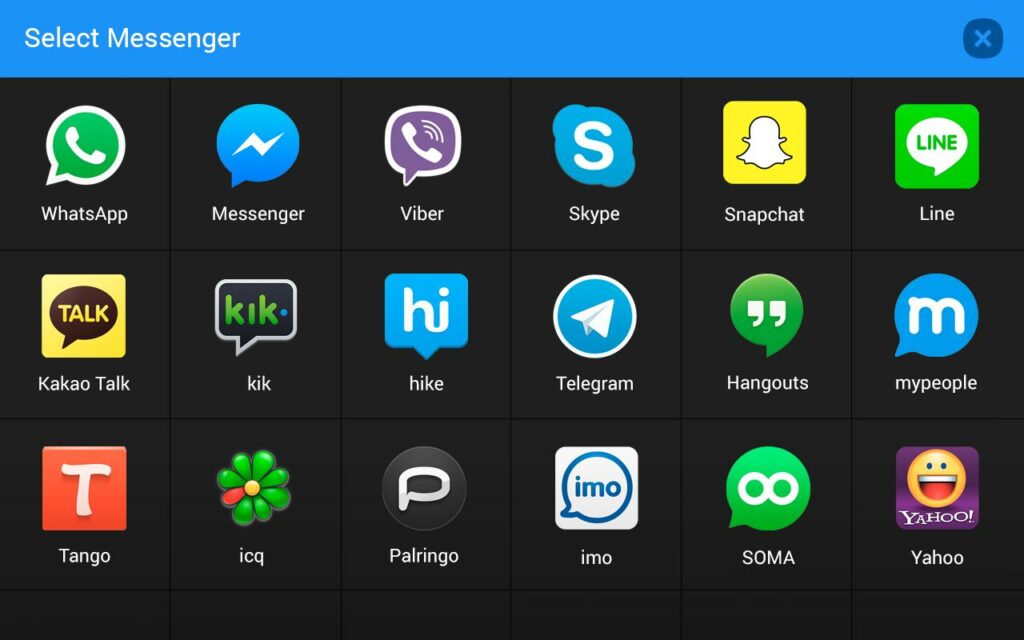
For business and professional communication, prioritize apps that offer strong security and privacy features to protect sensitive information. Look for apps that support seamless integration with productivity tools, such as calendar syncing, file sharing, and team collaboration features. Consider apps that provide business-specific features like chatbots, integration with customer relationship management (CRM) systems, and administrative controls for managing team communication.
When it comes to group chats and collaboration, look for apps that offer robust group messaging features, such as the ability to create channels or threads, mention specific members, and share files or documents within the chat. Consider apps that support real-time collaboration features like simultaneous editing of documents or shared to-do lists. Integration with project management tools or cloud storage services can also enhance group collaboration.
Considerations for specific use cases
When it comes to personal messaging and casual communication, prioritize user-friendly apps with a wide range of messaging features. Look for apps that support multimedia sharing, stickers, emojis, and a seamless user experience. For business and professional communication, focus on apps that offer strong security and privacy features, as well as seamless integration with productivity tools. Look for features such as file sharing, team collaboration, and administrative controls to enhance your professional communication needs.
For group chats and collaboration, seek apps with robust group messaging features, such as the ability to create channels, mention specific members, and share files within the chat. Consider apps that support real-time collaboration features and integration with project management tools or cloud storage services. Lastly, if privacy is a top concern, choose messaging apps that prioritize end-to-end encryption, self-destructing messages, and have a strong commitment to user privacy and data protection.
Final decision-making factors
Personal preferences and priorities play a significant role in choosing the right Android messaging app. Consider your communication style, preferences for user interface, and desired features. If privacy is a top concern, prioritize apps with strong encryption and privacy features. Additionally, think about your priorities regarding convenience, ease of use, and customization options. Ultimately, choosing an app that aligns with your personal preferences and priorities will ensure a more satisfying messaging experience.
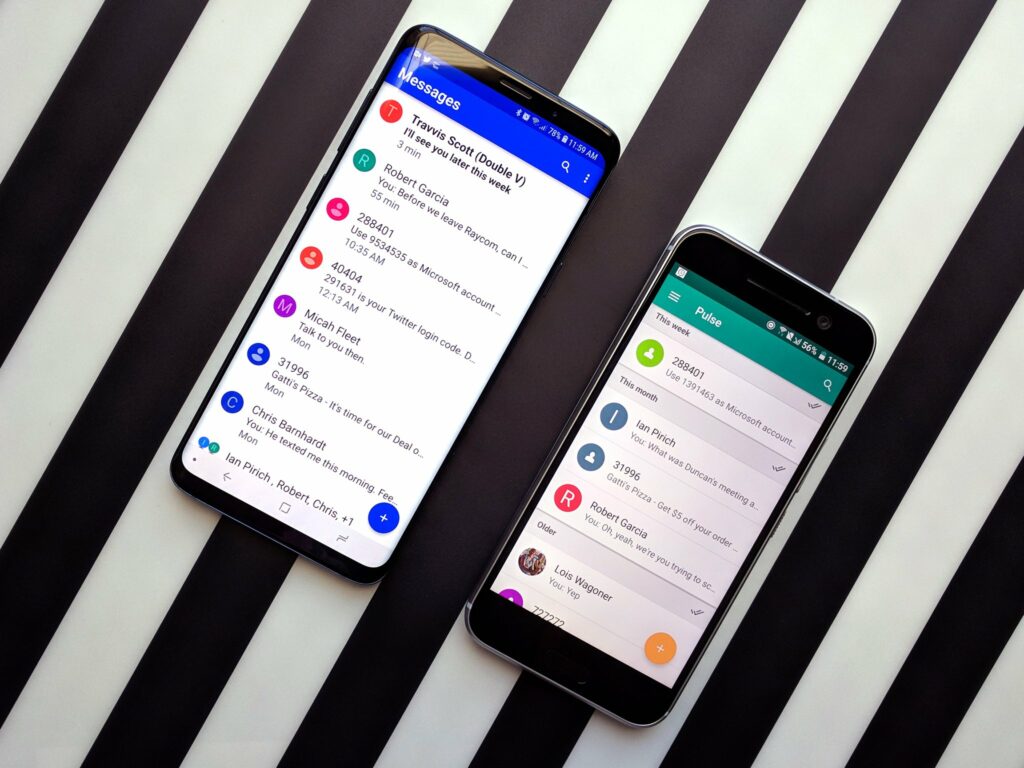
Compatibility with your contacts and network is crucial for seamless communication. Consider the messaging apps that are widely used by your friends, family, and colleagues. Opting for an app that has a large user base among your contacts will facilitate easier and more accessible communication. Additionally, ensure that the app is compatible with your network and supports the devices and operating systems used by your contacts. Compatibility with your network and contacts is an essential factor in ensuring smooth communication and minimizing any potential barriers.
Additional features and customization options can also influence your decision. Evaluate the extra features offered by the messaging apps, such as voice and video call quality, multimedia sharing capabilities, integration with other services, and customization options like themes or notification settings. Consider the specific features that enhance your messaging experience or align with your preferences. Choosing an app that provides the additional functionalities and customization options you value can greatly enhance your overall satisfaction with the messaging app.
Conclusion
In conclusion, selecting the right Android messaging app is crucial for a smooth and personalized communication experience. Considering factors such as user interface, security and privacy features, messaging functionality, and integration with other platforms and services will guide you in making an informed decision. Each app offers its own strengths and weaknesses, catering to different communication needs and preferences. By evaluating these factors, you can choose an app that aligns with your desired user experience and provides the necessary security and functionality for your communication requirements.
Furthermore, it is important to consider specific use cases when choosing an Android messaging app. Whether it’s personal messaging, business communication, group chats, or privacy-oriented messaging, different apps excel in different areas. By understanding your specific use case and prioritizing the features that matter most to you, you can ensure that the chosen app meets your unique communication needs effectively.
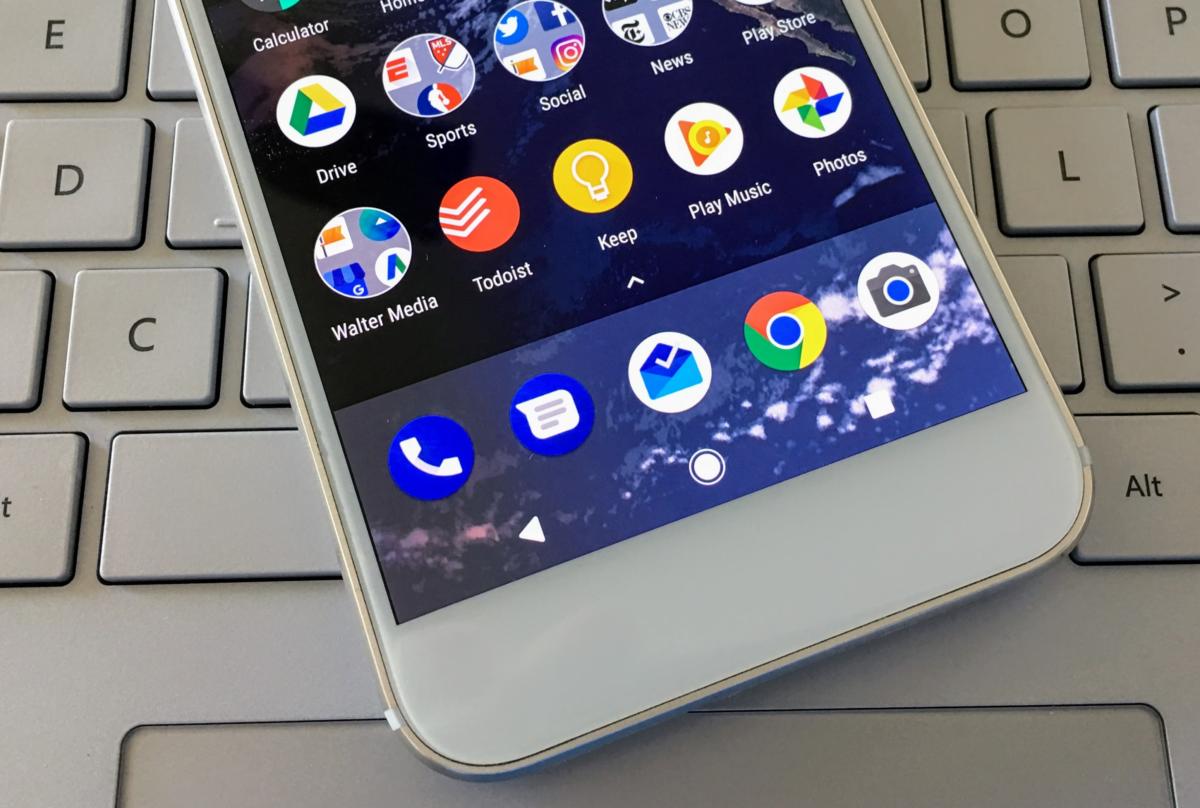
Ultimately, the final decision should be based on a combination of personal preferences, compatibility with your contacts and network, and additional features and customization options. It is essential to choose an app that not only meets your immediate needs but also provides a user-friendly experience that aligns with your communication style. With a plethora of options available, carefully assessing these factors will help you find the ideal Android messaging app that enhances your communication experience and keeps you connected with ease.

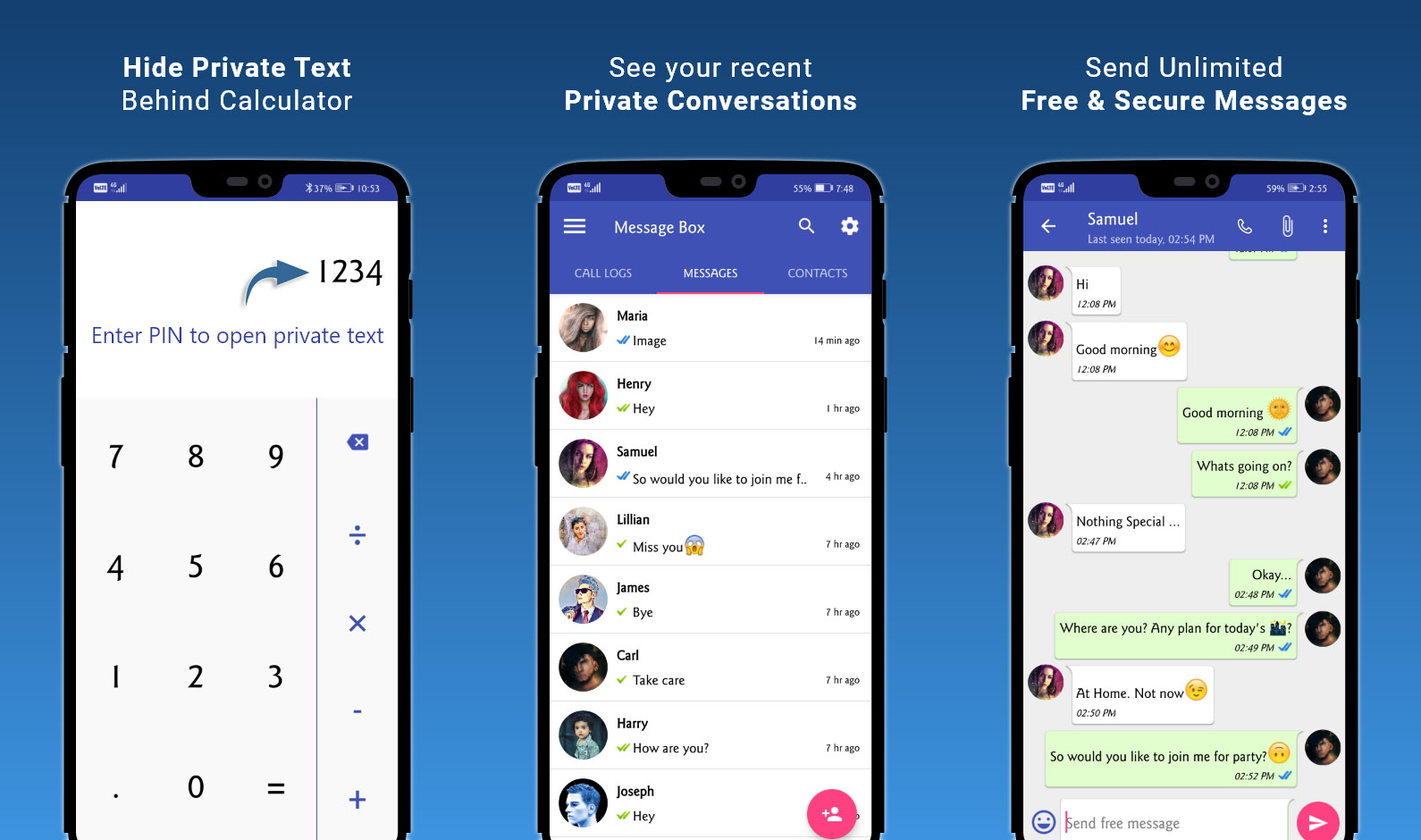
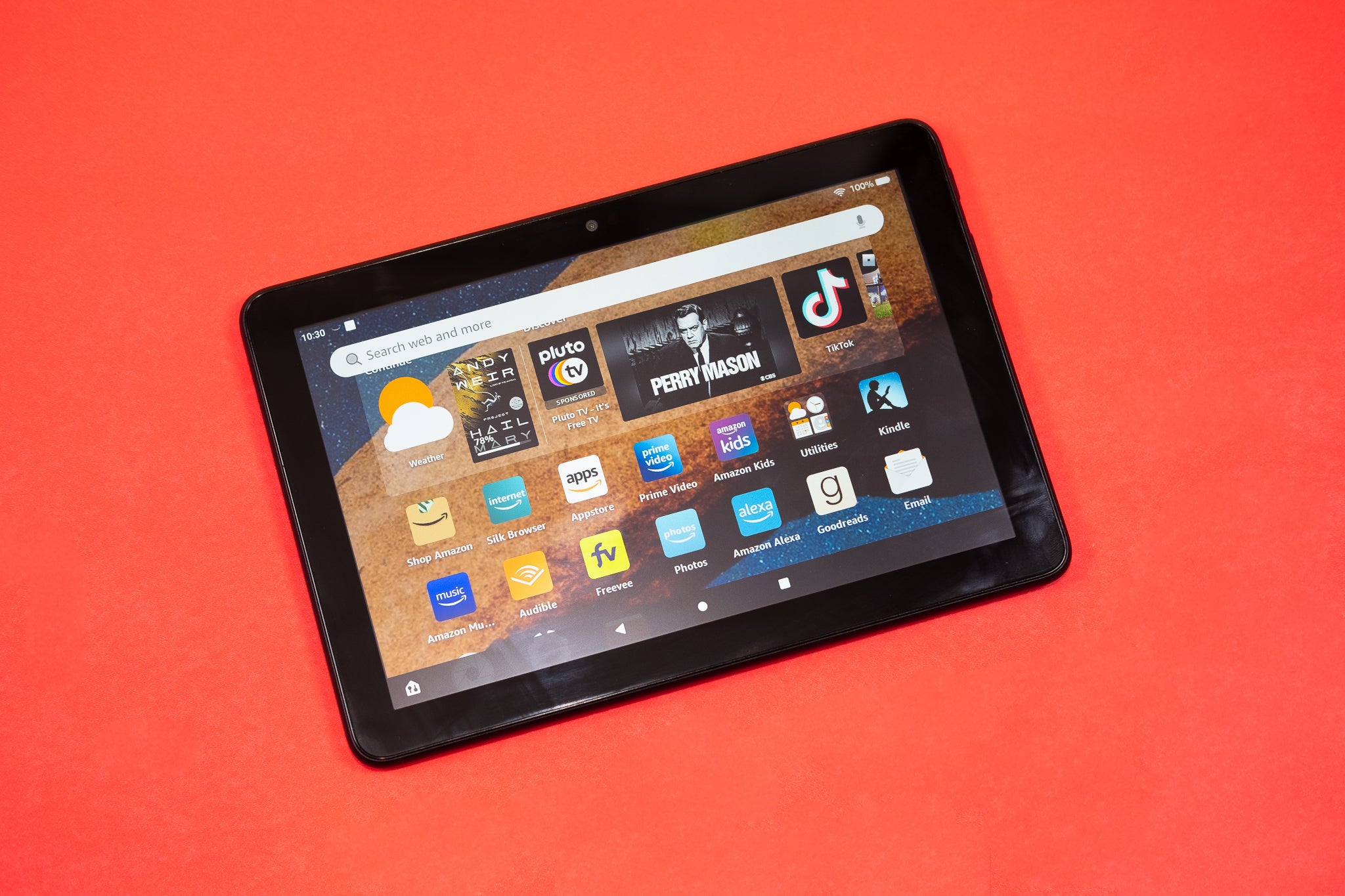
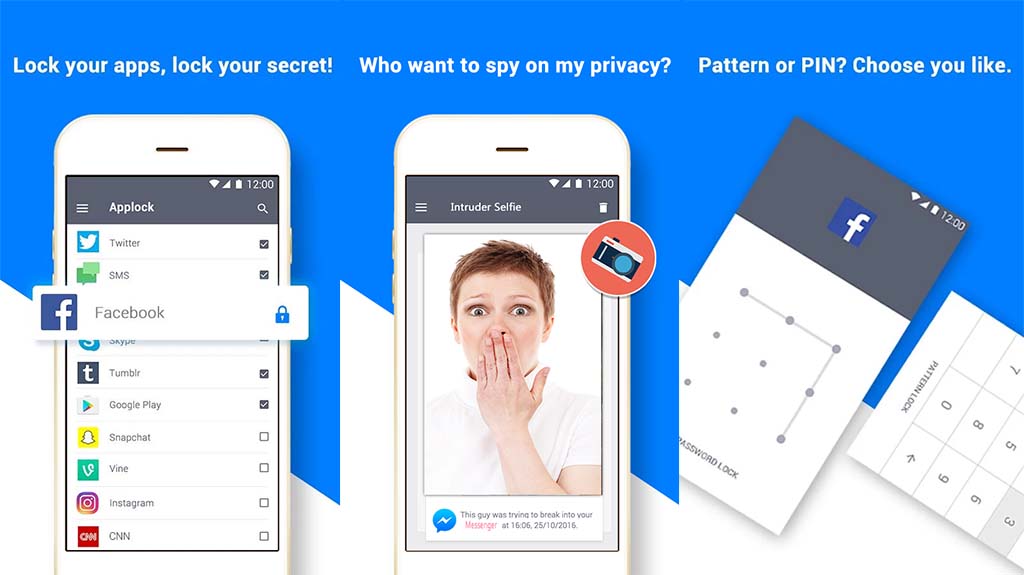

Add comment